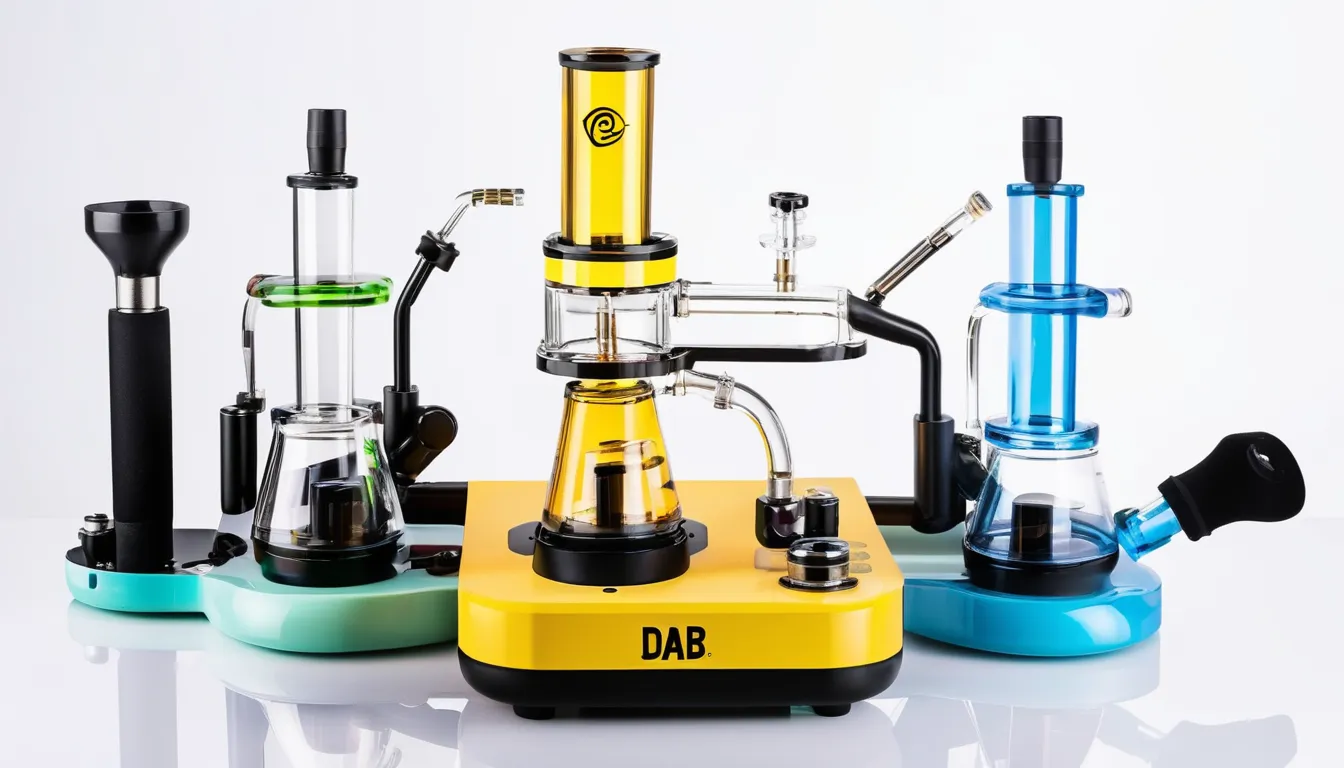You might find that combining meditation with the Twelve Steps creates a unique pathway to recovery that addresses not just the symptoms of addiction but the underlying causes as well. This holistic approach can enhance your self-awareness and emotional resilience, leading to profound personal growth. Imagine how integrating mindfulness practices into each step could transform your experience, but what does that actually look like in practice? Exploring this synergy could reveal insights that deepen your commitment to healing and connection to others in similar journeys. buddhism 12 steps.
Understanding Addiction Recovery
Understanding addiction recovery means recognizing that it’s a complex journey, often filled with challenges and setbacks. You might face emotional ups and downs, questioning your resolve and commitment.
It’s essential to acknowledge that recovery isn’t linear; it involves twists and turns that can feel overwhelming at times.
You’ll likely encounter various emotions, from guilt and shame to hope and empowerment. Each day presents an opportunity to learn more about yourself and your triggers.
Engaging in self-reflection can help you understand why you turned to substances in the first place. This understanding is crucial for building a strong foundation for your recovery.
Connecting with others who share similar experiences can also be invaluable. Support networks, whether through friends, family, or formal programs, provide encouragement and understanding during your toughest moments.
Don’t underestimate the power of community in your healing journey.
The Twelve Steps Overview
Have you ever wondered how a structured approach can aid in addiction recovery? The Twelve Steps program offers a clear pathway to healing, focusing on personal accountability and spiritual growth.
Originally created for Alcoholics Anonymous, these steps have since been adapted for various addictions, providing a universal framework for recovery.
Each step guides you through a process of self-reflection and action. You begin by acknowledging your powerlessness over your addiction and recognizing the need for help.
As you progress, you’ll confront your past, make amends, and seek to improve your spiritual connection.
The steps encourage honesty, openness, and a commitment to change. They foster a sense of community, as you’ll often share your experiences with others on a similar journey.
This connection can be incredibly supportive and motivating.
Benefits of Meditation
Meditation offers profound benefits that can enhance your journey through the Twelve Steps. By incorporating meditation into your daily routine, you’ll cultivate a deeper sense of self-awareness, helping you recognize and confront your triggers. This heightened awareness can empower you to make informed choices, steering you away from old habits and towards healthier behaviors.
Moreover, meditation promotes emotional stability. You’ll learn to observe your thoughts and feelings without judgment, which can reduce anxiety and stress. This newfound calmness can be especially helpful when facing the challenges inherent in recovery.
In addition, meditation fosters a sense of connection—both to yourself and to others. Engaging in regular practice can help you feel more grounded and present, enhancing your ability to connect with those around you. This support network is vital in your healing journey.
Lastly, meditation encourages mindfulness, allowing you to savor the present moment. By focusing on the here and now, you’ll develop gratitude and appreciation for life’s simple joys, which can significantly enhance your overall well-being.
Embracing these benefits can create a strong foundation as you work through the Twelve Steps.
Integrating Meditation With the Twelve Steps
As you embark on your journey through the Twelve Steps, integrating meditation into your practice can enhance your experience and support your recovery.
Meditation offers a powerful tool to help you cultivate mindfulness, self-awareness, and emotional resilience. Begin by setting aside a few minutes each day to focus on your breath or engage in guided meditation. This simple act can ground you in the present moment, allowing you to process your thoughts and feelings without judgment.
You can align meditation with specific Steps. For instance, while contemplating Step 3, you might meditate on surrendering your will to a higher power. When working through Step 4, meditation can assist you in reflecting on your past and examining your character defects with compassion.
Incorporating meditation into your routine also fosters a sense of community. Consider meditating with others in your recovery group, which can deepen bonds and create a shared space for healing.
Remember, consistency is key. By committing to daily meditation, you’ll find it easier to navigate the challenges of recovery while maintaining focus on your spiritual growth.
Integrating these practices will empower you on your path to lasting change.
Case Studies and Personal Stories
Many individuals in recovery have found that incorporating meditation into their Twelve Steps journey has led to profound personal transformations.
For instance, consider Sarah, who struggled with alcohol addiction for years. After engaging in meditation alongside her Step work, she reported feeling more centered and aware of her triggers. This newfound clarity helped her embrace the principles of the program more fully, allowing her to cultivate healthier relationships.
Then there’s Tom, who faced challenges with substance abuse. By practicing mindfulness meditation daily, he discovered a way to manage his anxiety and cravings. He often shares how meditation helped him pause before reacting impulsively, enabling him to apply the lessons learned in Steps Four through Twelve more effectively.
These personal stories highlight a common thread: meditation enhances self-awareness and promotes emotional regulation.
You might find that integrating these practices into your recovery not only supports your Twelve Steps journey but also fosters a deeper connection with yourself and others. As you navigate your path, consider how these techniques can serve as invaluable tools in your healing process.
Conclusion
Incorporating meditation into the Twelve Steps can transform your recovery journey. By fostering self-awareness and emotional resilience, you not only deepen your understanding of triggers but also build a supportive community. Embracing this holistic approach empowers you to develop healthier coping mechanisms and nurture your spiritual growth. As you commit to both practices, you’ll find lasting healing and transformation, creating a brighter path for yourself and others in their recovery journeys.





